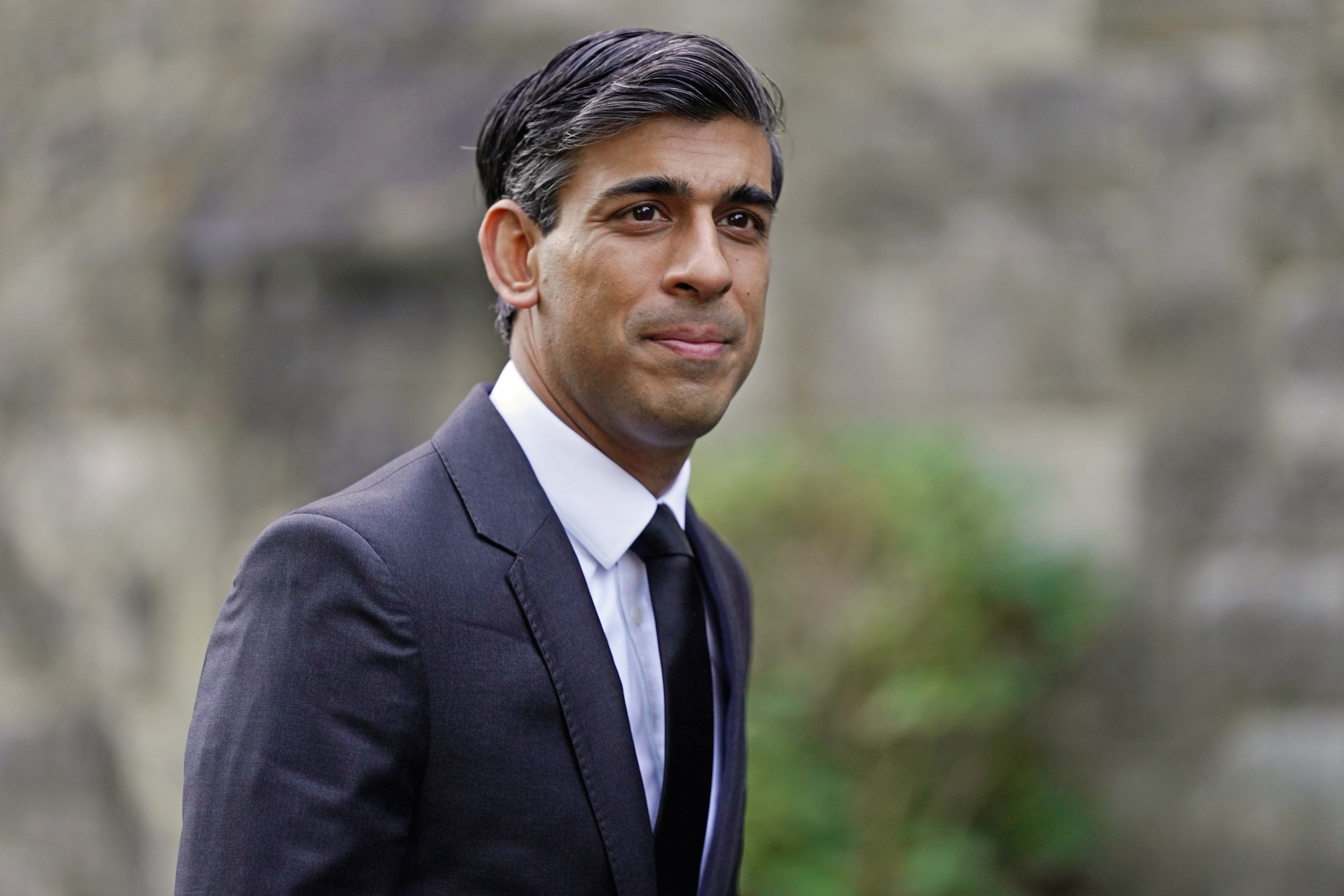Could a ‘cost-of-living payment’ solve the domestic energy crisis?
There are some merits – but before considering it, Rishi Sunak should first give back the £20 he removed from universal credit, writes James Moore


How can Rishi Sunak solve the domestic energy crisis? In a recent column, I explored some of the options on the table for the chancellor to address soaring domestic bills, which are a major contributor to the cost-of-living crisis.
The Social Market Foundation, a think tank, has now put forward a new one: simply give people a cheque. A cost-of-living payment modelled on America’s stimulus package during the Covid-19 pandemic.
One of the problems the chancellor faces is that none of the alternatives are terribly attractive.
Cutting VAT on energy bills doesn’t get you very far when it comes to mitigating the impact of the huge rise that is coming, and would be politically tough to lift at a later date (note the way the ‘temporary’ fuel duty freeze has effectively been made permanent).
The same is true of axing green levies, which are also needed.
The Warm Home Discount Scheme is aimed at the poorest in Britain and funded, to all intents and purposes, by a levy on energy bills. It would need to be sharply increased to make a real impact, and the funding addressed so as not to further boost bills for those who don’t qualify.
Recent reports have indicated that the government is moving towards providing energy companies with a subsidy to help cushion the cost of high wholesale energy prices and reduce bills. The money would then be repaid when they fall.
In theory it’s self sustaining. But what if energy prices stay high, quite apart from the issue of whether we should be subsidising giant, and as a rule highly profitable, energy firms at all.
Aveek Bhattacharya, chief economist at the Social Market Foundation, also makes the point that all of these are all designed to make energy cheaper. Cheaper energy encourages consumption and discourages making efforts to reduce it. This encourages carbon emissions.
But handing people a cheque handles that. They could, in theory, spend it on insulation.
The suggestion is to give £300 to households where no one is a higher-rate taxpayer, with an additional £200 for those on universal credit or legacy benefits,
The cash payment doesn’t eliminate the problem of bills spiking by £700 on average. But it certainly helps. It would also, says Bhattacharya, leave the recipients “to figure out how best to address their needs”. He says the risk of it pushing up inflation could be mitigated by staggering the payment over a few months.
Needless to say, a “cost-of-living bonus”, perhaps in the form of a cheque with Sunak’s name on it, could be politically very attractive too. Especially if you consider the chancellor’s ambitions.
There are still downsides, however. First off, it’s expensive, coming in at a cost of £8.5bn if paid as Bhattacharya suggests.
There is also the issue of targeting. Do a couple on, say, £40k each really need a £300 payment from the government? Someone on £50k with a partner working as an unpaid carer to, let’s say, a child with special needs or infirm parents might feel somewhat aggrieved at being left out.
When I put this to Bhattacharya, he said: “The point you raise gets to an enduring trade-off in designing programmes like this – either you make it very simple, but have anomalies in who is eligible; or you try and stamp out all the anomalies at the risk of complexity (and often bureaucracy/lower take-up). In this case, my view is that it isn’t desirable to be too stringent in means testing.
“I would disagree that the household you describe doesn’t need any help – they’re still going to be facing rising energy bills, high inflation and the health and social care levy in April, so I expect they would appreciate some support with cost.”
Bhattacharya, however, said his main aim was to get the idea of a cash payment on the table. He would welcome more detailed modelling and analysis to work out the details. Which is fair enough.
I agree that the idea is worthy of consideration because it has relatively fewer drawbacks than most of the other options put forward, and addresses some of the problems with them.
But the targeting issue still nags. Even £500 doesn’t fix the horrible dilemmas currently being faced by people on universal credit, who are currently grappling with Sunak’s £20-a-week cut.
Can you justify a cost-of-living bonus to people who are relatively well off when the poorest are being asked to choose between heating or eating? Some of them are struggling to be able to afford to do just one of those.
If we’re going down the route of a cost-of-living cash payment, the £20 cut to universal credit clearly has to be restored before the chancellor weighs up the costs and the benefits.






Join our commenting forum
Join thought-provoking conversations, follow other Independent readers and see their replies
Comments